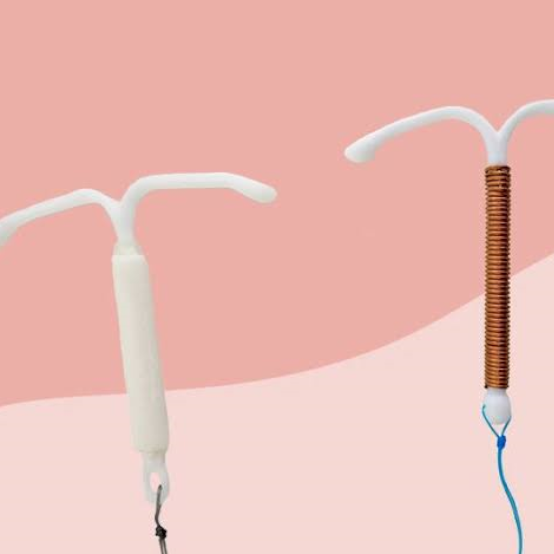Contraception, also known as birth control, plays a vital role in empowering individuals and couples to make informed decisions about their reproductive health. With various contraceptive methods available, it’s essential to understand the different choices to find the one that best suits individual needs and preferences. Here is a comprehensive guide to contraception choices:
Contraception

Preventing breast cancer
09/10/2023
Oral contraceptive pills
20/10/2023Hormonal Methods:
Combined Oral Contraceptives (COCs): These pills contain synthetic versions of estrogen and progestin hormones, preventing ovulation and thickening cervical mucus to inhibit sperm entry. They are highly effective when taken correctly.
Progestin-Only Pills (Mini-pills): These pills contain only progestin and are a suitable option for women who cannot tolerate estrogen. They work by thickening cervical mucus and suppressing ovulation.
Contraceptive Patch: The patch releases hormones (estrogen and progestin) through the skin into the bloodstream, preventing ovulation and thickening cervical mucus. It is applied once a week for three weeks, with one patch-free week.
Contraceptive Ring: This small, flexible ring is inserted into the vagina and releases hormones. It remains in place for three weeks before removal for a hormone-free week.
Contraceptive Injection: In this method, you get an injection of progestin hormone shots into the buttocks or arms every three months.
Implant: This contraceptive method includes a single, thin rod that is implanted beneath the skin of the upper arm of a woman. The rod contains a certain fixed amount of progestin hormone, which is delivered into the body over a three-year period and provides birth control for that duration. A minor procedure done under local anaesthesia is performed by a doctor to insert the rod in the arm and remove it after 3 years. Effectiveness: >99%.
Contraceptive injections:
Long-Acting Reversible Contraceptives (LARCs):
Intrauterine Devices (IUDs) : These T-shaped devices are inserted into the uterus to prevent pregnancy. Hormonal IUDs release progestin, while copper IUDs create an inhospitable environment for sperm, without using hormones. IUDs can provide protection for several years.
Implant : A small, flexible rod is inserted under the skin of the arm, releasing progestin to
prevent pregnancy for up to three years.
Barrier Methods:
Male Condom: A latex or polyurethane sheath worn over the penis to prevent sperm from entering the vagina. Condoms also provide protection against sexually transmitted infections (STIs).
Female Condom: A pouch made of polyurethane or nitrile inserted into the vagina before intercourse, providing a physical barrier to prevent pregnancy and STIs. Emergency Contraception:
Emergency Contraceptive Pills (Morning-After Pill): These pills contain high doses of hormones to prevent pregnancy when taken within a few days after unprotected intercourse. Copper IUD as Emergency Contraception: Copper IUD insertion within a few days after unprotected intercourse can also serve as emergency contraception and provide ongoing contraceptive protection.
Natural Methods:
Fertility Awareness-Based Methods (FABMs): These methods involve tracking menstrual cycles, basal body temperature, and cervical mucus changes to identify fertile days and avoid intercourse during that time.
Withdrawal Method: This involves the male partner withdrawing the penis before ejaculation to prevent sperm from entering the vagina. It is a less effective method compared to others.
Sterilization:
Tubal Ligation: A surgical procedure where the fallopian tubes are sealed or cut to prevent the egg from meeting sperm.
Vasectomy: A surgical procedure that involves cutting or blocking the vas deferens in the male reproductive system to prevent sperm from reaching the semen.
When choosing a contraceptive method, several factors should be considered, such as effectiveness, ease of use, potential side effects, medical history, and personal preferences. It’s essential to consult to discuss individual needs and receive guidance on selecting the most suitable contraception method. Regular evaluations of chosen methods can be beneficial as lifestyle and health needs may change over time. Contraception empowers individuals to take control of their reproductive health, allowing them to plan pregnancies and lead fulfilling lives while maintaining their desired family size.













